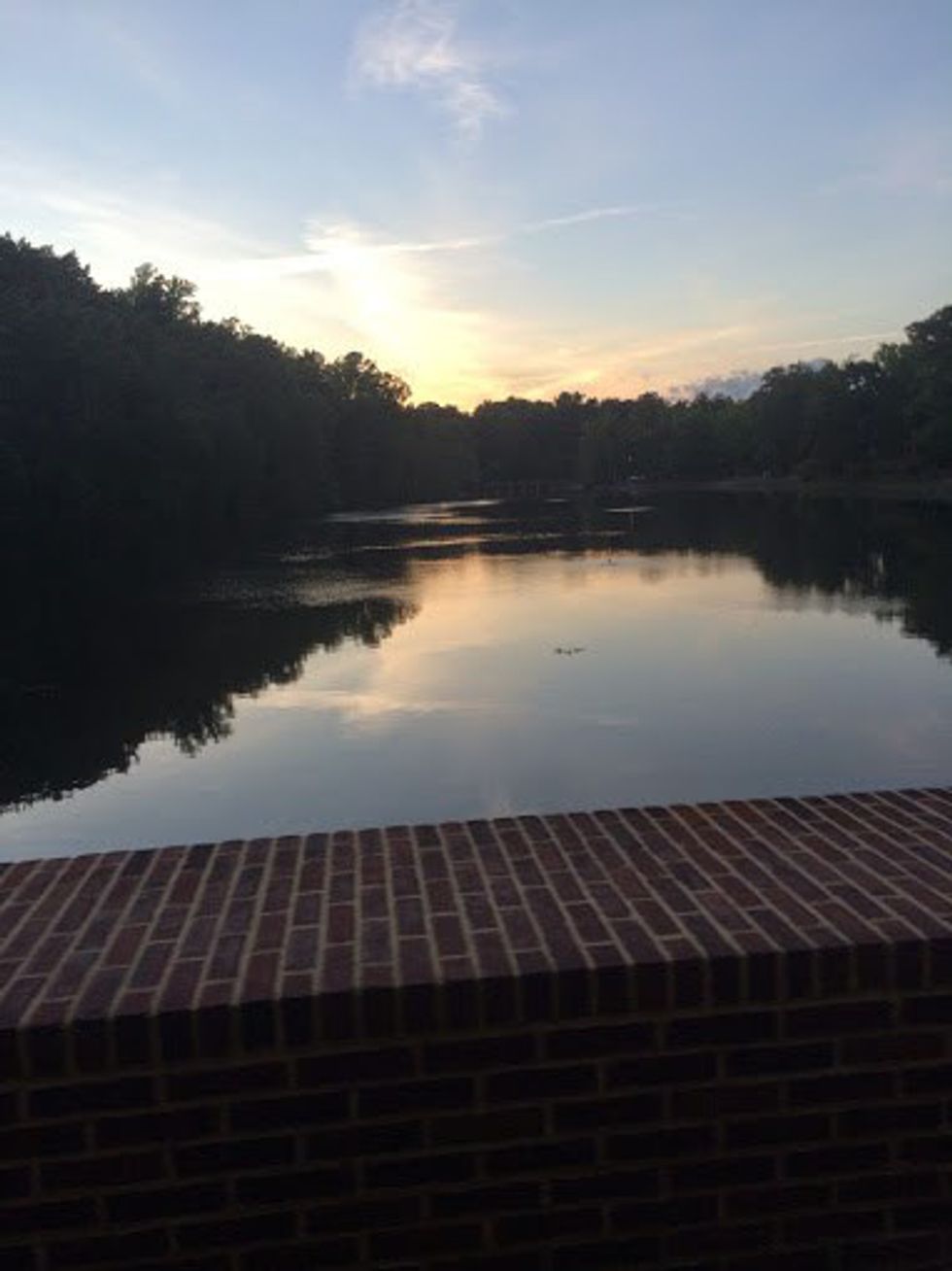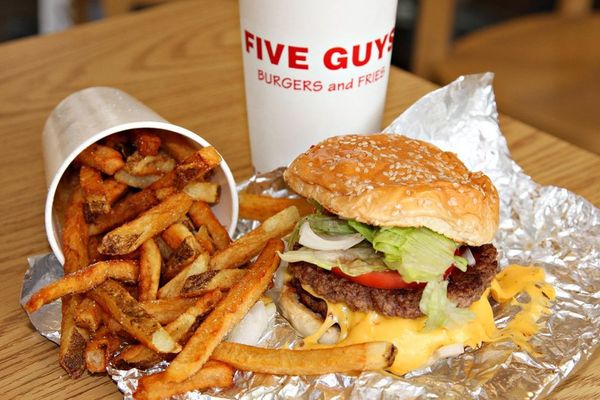Recently, an article was reappearing on my Facebook newsfeed titled “Did Your School Make the Cut? Here are the 50 ‘Smartest Colleges in America.’” It was being shared by only friends at the University of Richmond, so I figured we had made the list and of course, super excited with school pride, clicked on it in hopes of seeing it surface the top. After all, I did choose here and would love to say that we were on this random list of the smartest colleges in America. After scrolling and scrolling, I found UR in the #43 spot. I was a little miffed seeing that it wasn’t closer to the top and seeing the other schools that were ahead of us. After all, Richmond is like our baby, and we only want to see it at the very best. I chose not to reshare it on my Facebook, but mostly because I knew that there would be friends at the other 42 schools that would make the point of showing that they are truly smarter than me because of the college they attend.
This made me think about all the other rankings and “statistics” I’ve seen Richmond placed in. It’s usually high up there in “Most Beautiful Campus” (which I mean, how could you disagree?!), but also with titles such as Forbes #96 overall, #79 in Private Colleges, #17 in the South. It surfaces in US News and Education as a “Best College” with a #30 tie as the best Liberal Arts college. One of my favorites was when Richmond once ranked #7 in the Newsweek and College Prowler’s “Colleges with Happiest Students.” There are lists and lists of rankings, some of which Richmond is on, and some of which they aren’t. As a proud Richmond student, I would love to blab and blab about why Richmond is on these lists, but really, what value is it bringing?
Looking at these lists, I see tons of schools that are full of extremely bright and gifted students. I know Richmond is full of incredibly smart students, but why should our students be published as being smarter than others? Just because I attend a school that has good statistics and is on these random lists does not make me smarter than my counterpart at a public state university that’s not usually in these rankings. It’s hard when telling people where I go to school that yes, I love it, and yes, it may be on the list of “Best Colleges,” and yes, it may be a school with the “Happiest Students,” but in no way does that mean everyone will love it as much as I do. Do these lists, in turn, deceive people into thinking a school is something it’s not? I most definitely was not accepted to a lot of schools that were much higher on the list, and some that I was accepted to on that list, I know I most likely wouldn’t be happy there because of specific things with those schools. Also, who are these publications to give the authority on who is the smartest at each college? The Elite Daily (an online news platform started and run by millennials, the generation in college right now) article where Richmond is #43 is based on data from Lumosity. According to Lumosity, their statistics are pulled from over 72,000 users. There are about 21 million students enrolled in college right now. How at all does Lumosity have the numbers to rank colleges based on their limited number of users? I understand that this is just a sample, but have you even heard of Lumosity? Are you always playing their games? The real trouble that comes with this is when these statistics are seen by people that aren’t trying to share a quick article of pride on their Facebook.
The problem arises with two main groups: prospective students and prospective employers. We were all once prospective students, thirsty for an acceptance into a prestigious school. We actually used rankings to our benefit as well, trying to climb our way up into high class rankings for that very acceptance. There was a notion in a lot of our heads that the more prestigious a university was, the more successful we were going to be in life. Maybe not for all, but I know that at least at my competitive high school that that was the truth. For a quick look into a college, you’d skim their websites and Wikipedia pages and your eyes would go straight to the rankings that particular college had received. It then became a glorious thing to go after. And the more you read about it, the more you find articles that are just about what you’re looking for—this university to be the best. I will admit and say that yes, a lot of schools that frequent lists are schools that are truly incredible with their academics and their faculty and a lot of students graduating from this school experience success. But what happens when you have College A that’s constantly topping very-similar College B in its rankings? Said student applies and is accepted to both and chooses College A. I’m not saying that this is always the case nor that it even happens like this, but the more that a college receives publicity and higher rankings, the more that college is going to stick in the minds of a prospective student, even if they would be much happier at College B. It also sticks in the minds of high school students’ parents, some of whom are only concerned about the prestige of their child’s school rather than their child’s happiness and ability to fit in. I have a friend who was offered admission to the University of Chicago as well as a full tuition scholarship to Vanderbilt University. Both absolutely tremendous schools, but the friend’s parents forced her to attend UChicago because it was higher in ratings. That’s it. Turned down an entire scholarship from Vanderbilt because of a rankings website, even though she would have rather been at Vanderbilt. To each his own, I know, but you have to admit that there’s something a little wrong in that, and this isn’t the only situation I’ve seen it happen with. Students are pressured to go to a particular school because of its publicity instead of one where they feel like they would fit into or be happy at.
The other problem lies with prospective employers. I will say that being a University of Richmond student will work to my advantage someday in job applications. But will a student at a school ranked higher than UR automatically be put ahead of me even if we have the same credentials? Or will I be more likely to receive a job offer than someone at a lower-ranked school? I don’t have the experience to say that this is the case, but no matter who it is, the way that these schools are ranked sometimes puts blinders on people. I’ll be happy to spout off statistics about Richmond and its average class size and the sort of amazing faculty and incredible study abroad programs the school has, but I feel a little wrong with sharing a quick #43 spot to my Facebook friends because that spot does not accurately reflect the entire student life and activity of the University of Richmond. The University of Richmond, as well as all other schools on or not on these lists, are so much more than a number.








 Photo by
Photo by  Photo by
Photo by  Photo by
Photo by  Photo by
Photo by 








